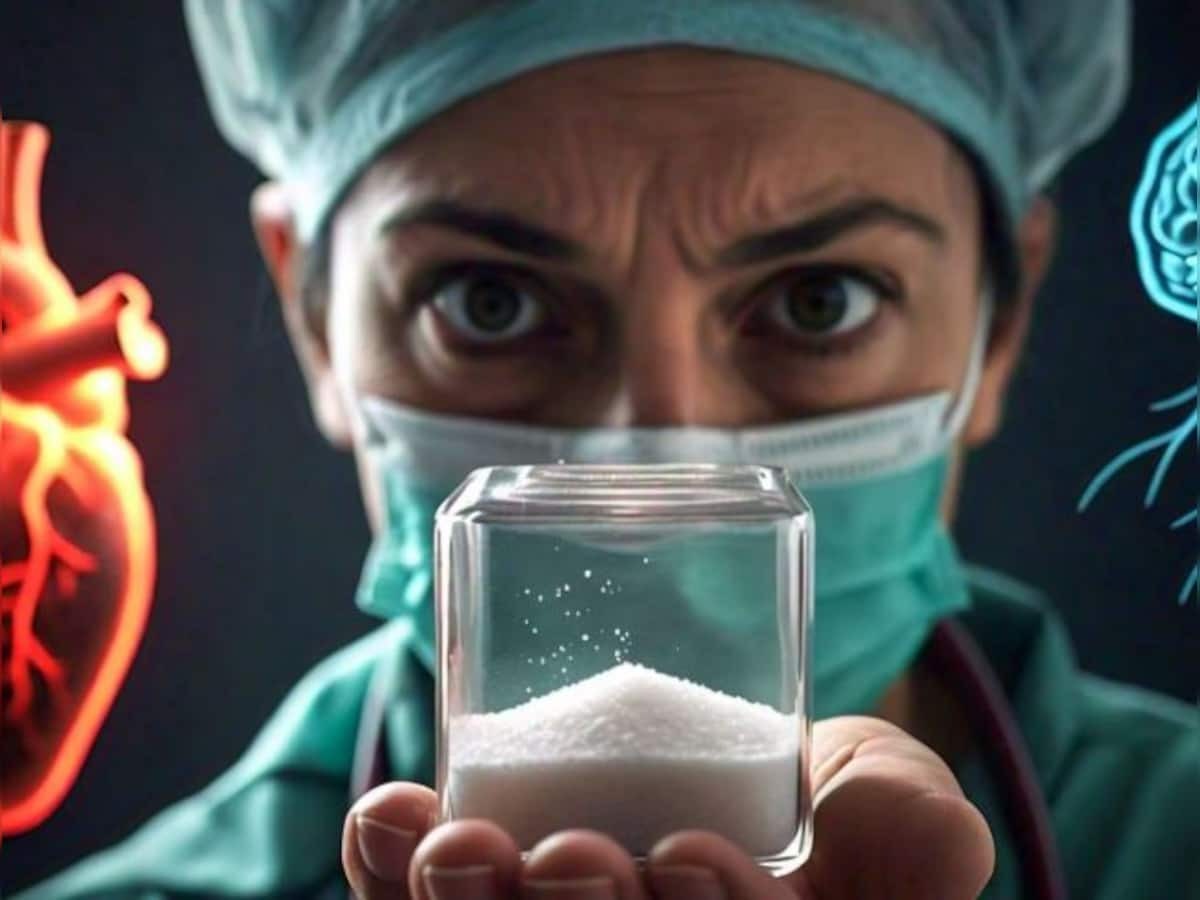
We all know that eating less salt is good for health. But do you know that eating too little salt can also be harmful for your health. Recently a doctor has highlighted that eating less salt can cause many health problems. Low sodium levels can also increase the risk of heart failure, kidney disease and dementia.
Dr. Sudhir Kumar, a top neurologist at Indraprastha Apollo Hospital, Hyderabad, shared a video on social media and said that a healthy person should not consume less salt, as it can increase diabetes, cholesterol and other health problems. He said there is a common belief that salt is unhealthy and its consumption can reduce the risk of high blood pressure and heart disease. The World Health Organization (WHO) also recommends that adults consume no more than 2000 mg of sodium per day (about 5 grams of salt, a little less than a teaspoon).
Dr. Sudhir's opinion is different:
Cautioning healthy people, Dr. Sudhir Kumar said that the risk of insulin resistance may increase in healthy people who eat less salt, which can also increase the chances of diabetes. Along with this, lack of salt can also increase the level of total cholesterol, triglycerides and LDL cholesterol, which is harmful for health.
Why is sodium important?
He also said that adequate sodium intake is essential for proper functioning of the brain, nerves and muscles. People with low sodium intake may be at risk for weakness, fatigue, dizziness, coma, seizures, and in severe cases, even death. However, in some people, excessive salt intake can lead to an increase in blood pressure, a condition called 'salt-sensitive hypertension'. He said that about 50 per cent of people suffering from high blood pressure and 25 per cent of the general population may be salt sensitive, who need to control their salt intake. Salt sensitivity is mostly seen in women, elderly, obese people and people suffering from kidney disease.
What do doctors recommend?
Dr. Kumar suggested that healthy people (those with normal kidney function) can consume normal salt, but that people on salt-restricted diets should monitor for signs and symptoms of sodium deficiency.
 look news india
look news india